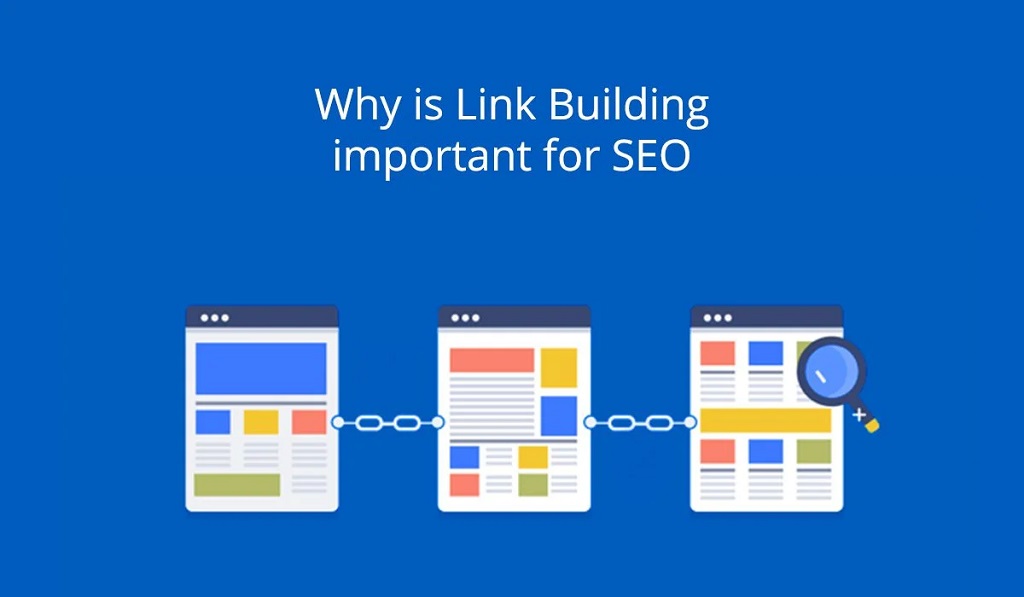Sunshine State Justice: Understanding what Lemon Law means in Florida is a valuable guide to help consumers understand their repair options for faulty cars purchased in the state. Florida lemon laws establish a process that allows individuals to file a claim with the manufacturer’s certified program or through state courts.
What Is a Lemon?
What is the lemon law in Florida? Lemon laws protect consumers when they buy or lease a new car that has significant mechanical issues. The law may provide compensation if these problems make the vehicle unusable or unsafe. Florida lemon laws are similar to the federal Magnuson-Moss Warranty Act, but some differences exist. For example, Florida’s law only applies to vehicles purchased or leased in the state.
To qualify for protection under the law, consumers must give the manufacturer reasonable opportunities to fix the problem. Generally, this means at least three attempts over 30 days, but it varies by case. Additionally, the defect must be nonconformant to the express written warranties of the manufacturer. Finally, the manufacturer must have an informal dispute settlement procedure or arbitration mechanism certified by the Florida Department of Consumer Services.
Once a dispute is filed, the American Arbitration Association will assign an arbitrator to hear the case. During the hearing, both parties will present evidence and call witnesses. The arbitrator will then listen to the testimony before making a decision. If the arbitrator determines your claim is valid, they will issue your refund or replacement vehicle.
Suppose the manufacturer agrees to replace your vehicle. If that is the case, they will cover all collateral costs, such as sales taxes, title fees, dealer fees, manufacturer- or agent-installed items, and earned finance charges, in addition to the cash price of the car (including any allowance for a trade-in). They will also reimburse you for rental and towing charges incurred due to the nonconformity.
What is a Nonconformity?
Under Florida’s Lemon Law, nonconformity is a problem that substantially impairs a vehicle’s use, value, or safety. The manufacturer must fix these problems within 24 months of the car being delivered to the consumer. The manufacturer must report the nonconformity to its authorized service agent (usually the dealer) and make a reasonable number of attempts to correct the problem, including one attempt after the consumer is formally notified that they intend to pursue a repurchase/replacement under the Lemon Law.
For buildings and other legally nonconforming structures, courts have recognized that they can be eliminated in four ways: attrition, destruction, abandonment, or obsolescence.
The first way is attrition. Attrition occurs when the nonconforming structure is physically damaged beyond repair and has no practical or economic value.
Other nonconformities can be eliminated through destruction, such as demolishing a nonconforming structure to construct a new building. The last method is abandonment. Abandonment can occur when the owner discontinues using a property for six months or more. However, this is not a valid reason for abandonment when the owner does not intend to resume the nonconforming use.
Finally, nonconformity can be eliminated through obsolescence when the nonconforming use is rendered obsolete by changing laws governing the area where the property is located.
How Does the Lemon Law Apply in Florida?
The Florida Lemon law, also known as the Motor Vehicle Warranty Enforcement Act, helps guard the interests of consumers who buy or lease new vehicles that turn out to be defective. “If a defect persists even after a reasonable number of attempts to fix it, the manufacturer is obligated to offer a replacement vehicle or refund to the customer, ensuring their satisfaction.”
It is true even if the defective vehicle has been transferred to another buyer during the lemon law rights period, so long as that other buyer uses the vehicle for personal, family, or household purposes. The Lemon law also covers certain leased and recreational vehicles, so long as they are used for such purposes and the consumer is responsible for taking them in for repairs.
The Florida lemon law provides consumers two years and 60 days to pursue compensation under this statute after the initial nonconformity has been reported to the manufacturer. Precise record-keeping is vital to a successful lemon law claim, and a competent attorney can help ensure that all relevant documentation is collected correctly. This includes documenting the nature of the defects, how often the problem has occurred, how often the vehicle has been in for repairs, and what fixes have been attempted. The more details a lawyer can access, the more likely a case will be resolved in the consumer’s favor.
How Can I Calculate a Refund Under the Lemon Law?
Florida’s lemon law requires the manufacturer to offer a refund or a new vehicle. Refunds include sales and finance taxes and any towing or rental fees incurred due to the nonconformity. They can also include a portion of the vehicle’s purchase price but not any profits the consumer makes on the sale of the car or truck.
The manufacturer must be given a reasonable number of attempts to fix the issue or provide a replacement vehicle. The law covers defects that substantially impair a vehicle’s use, value, or safety. Recalls do not count as lemon defects if they occur outside the state’s 24-month Lemon Law Rights Period.
Recreation vehicles are covered under the Lemon Law, but this rule has several exceptions. The law excludes a recreational vehicle’s living facilities, including the plumbing system and fixtures, roof air conditioner, generator, furnace, and electrical systems other than automotive circuits. The Florida Lemon Law also does not apply to mopeds, motorcycles or scooters, off-road vehicles, and trucks over 10,000 pounds.
Purchasing or leasing a new vehicle is an investment; you expect your car or truck to function correctly. When this does not happen, a skilled Florida lemon law attorney can help you seek justice from the manufacturer.




